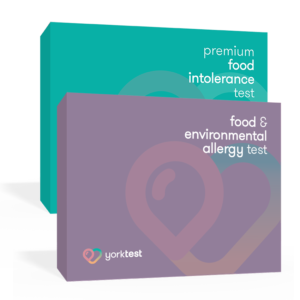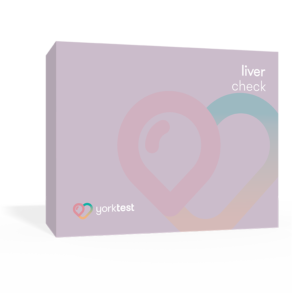Everybody reacts differently to a food allergy. Some people can experience extremely troublesome and potentially life-threatening reactions, so it’s critical to have a full understanding of trigger foods and, of course, a defined plan of action if one comes into contact with them.
There are 14 major food allergens that cause allergic reactions to varying degrees, but the biggest culprits are typically peanuts, shellfish, eggs, milk, dairy and wheat, amongst others. There are also many environmental allergens that can cause severe reactions, such as cat and dog dander, rye and dust mites.
When a person who is severely allergic to one or more of these allergens, they can experience debilitating reactions like significant swelling, which, when it affects the throat and lungs, can cause critical difficulties in breathing. The emergency services must be called immediately if such symptoms have been detected after coming into contact with the allergen.
Whilst severe cases are obviously serious matters, not all allergic reactions flare up to this level. Some people with mild allergies can still experience very uncomfortable symptoms, but they may not quite be life-threatening.
What is a mild allergic reaction?
The entire body can be affected by even mild allergic reactions, such as rashes, itchiness, cramps, nausea and swelling.
Emergency medical attention may not be required for some people, but such allergies can cause significant disruptions to daily life. Diets and lifestyles are directly impacted by food and/or environmental allergies.
Can food allergies get worse?
Whilst environmental allergies, such as cat and dog dander or bee stings, can get worse over time due to repeated exposure, food allergies can lessen in severity throughout life.
An egg allergy that might be severe in childhood can become milder in adulthood, which means that your immune system can grow to recognise the trigger food and release fewer antibodies (IgE) in response.
This doesn’t mean, however, that the allergy won’t reappear again later in life, so a solid plan for keeping your distance from the allergen in question will stand you in good stead to live your life as normal without fear of allergic reactions.
The importance of being prepared for a severe allergic reaction
When severe swelling occurs in the throat or lungs or, indeed, the lips and tongue, your airways can become blocked and it can become more or less impossible to breathe. This extreme swelling is what is called ‘anaphylaxis’ and it can be life-threatening.
Antihistamines, steroids and epinephrine injectors like EpiPens must be on hand for diagnosed sufferers to bring allergic reactions back under control. Epinephrine, or adrenaline, opens the airways back up again so you can breathe, so it’s crucial to be able to act quickly.
To be fully prepared, you must discuss your allergy and its severity with your GP. Do not self-diagnose a food allergy – your GP will have a better understanding of your symptoms than you do. They might require you to take an AllergyCheck test to pinpoint the allergen that causes you problems before deciding on a plan of action, so be sure to consult them before taking such a test yourself.
Get in touch if you would like to find out more today.










